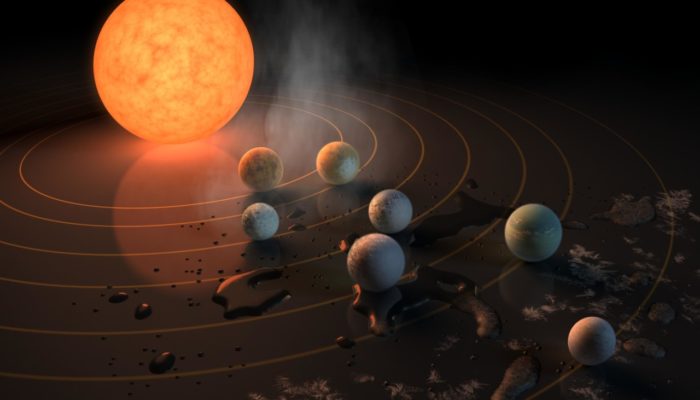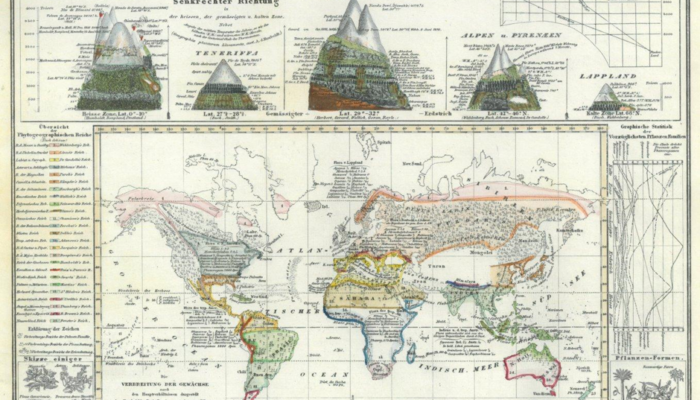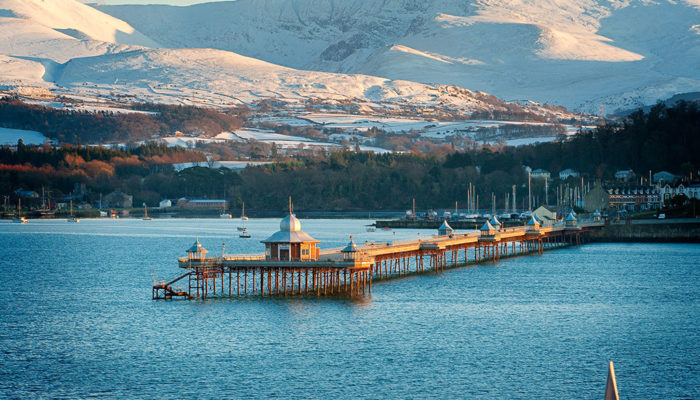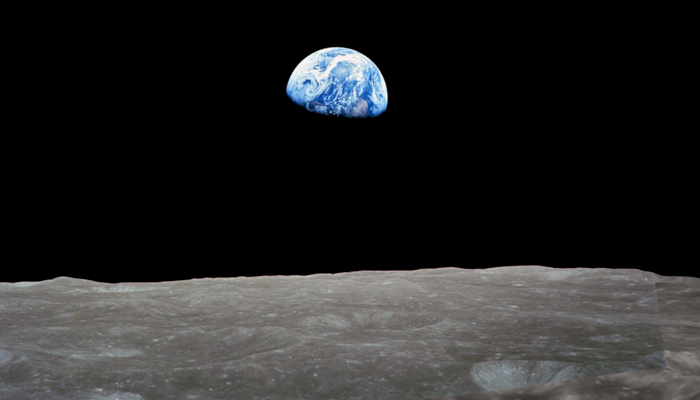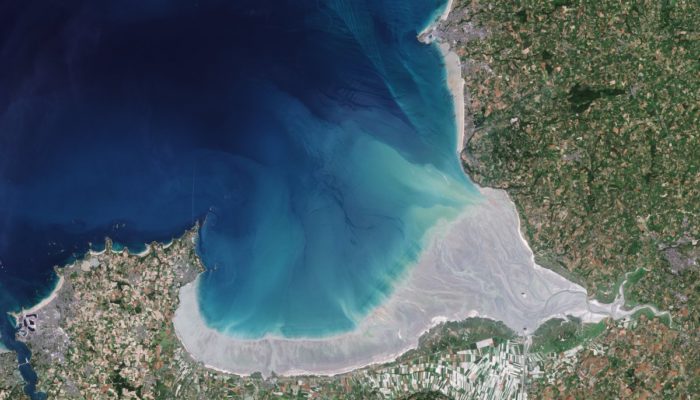It has been many months since the first lockdown, in some countries about a year, in other countries perhaps eight months. A continuing learning curve, with many ups and downs. Now the end is slowly appearing on the horizon, with promises of vaccines, and several countries making definite plans on when and how to vaccinate. Still – it will take at least 6 months, quite possibly more, until it is o ...[Read More]
Mind your Head: Taking care of yourself during the Corona-virus crisis – Part 2



